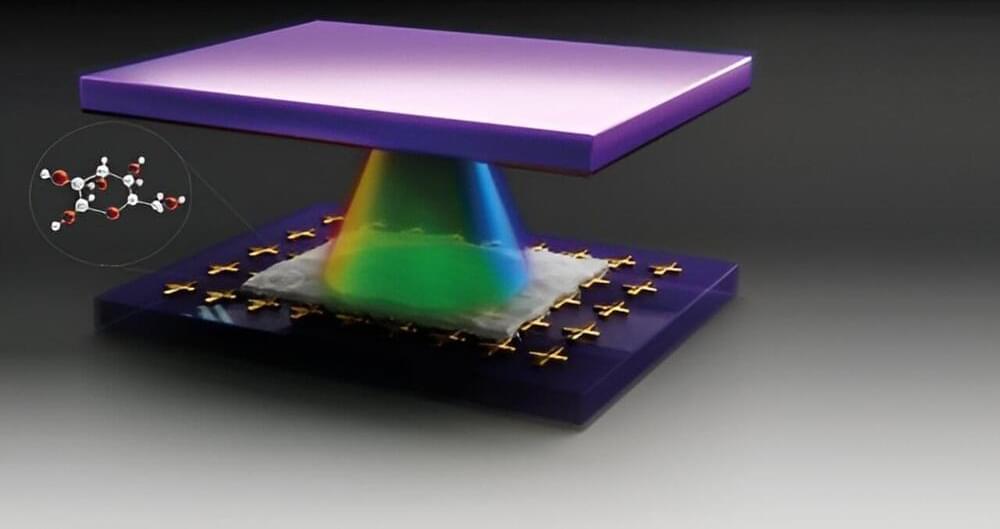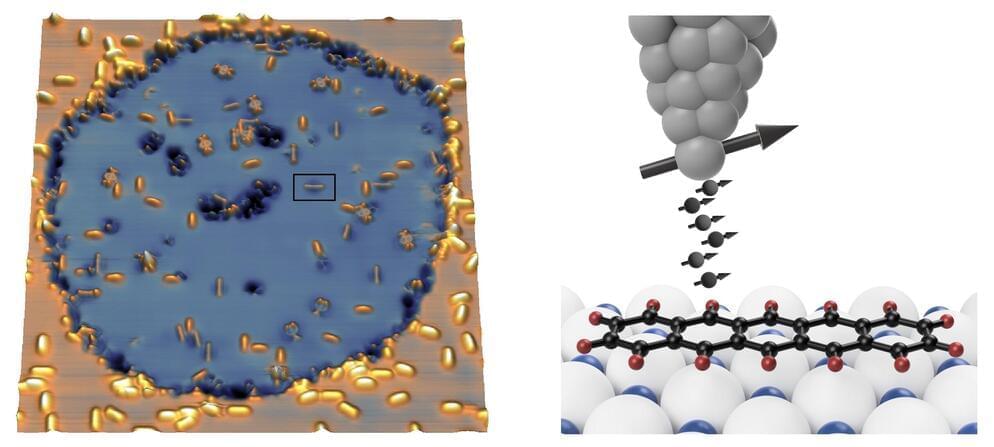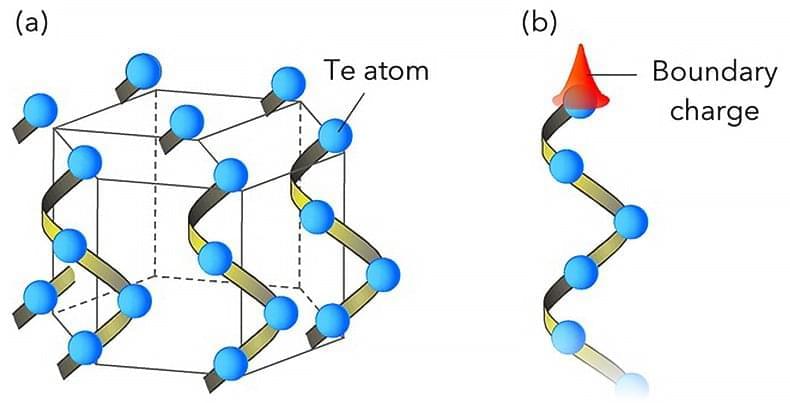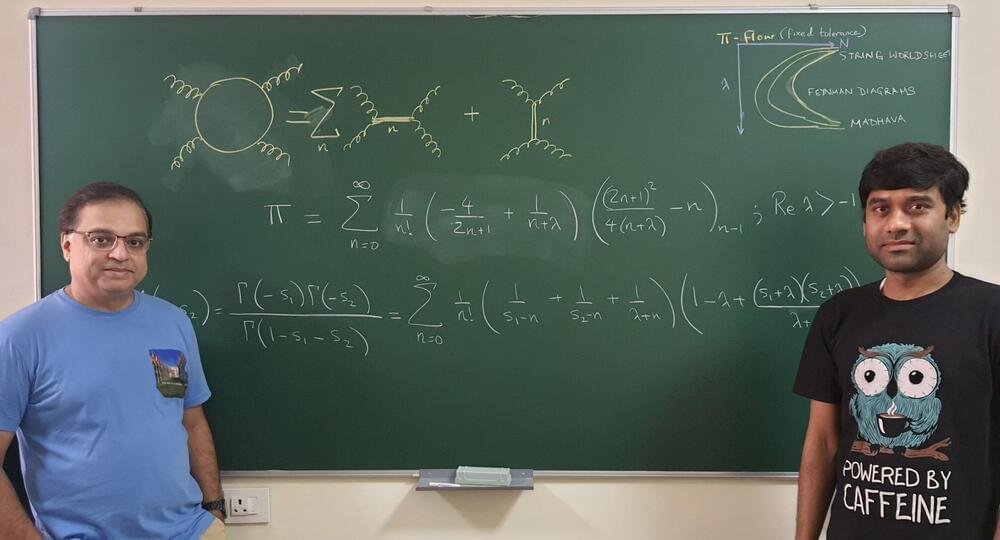Jun 20, 2024
Q&A: New method confines light inside an organic material to form a hybrid quantum state
Posted by Saúl Morales Rodriguéz in categories: materials, quantum physics
A team of international scientists led by the University of Ottawa have gone back to the kitchen cupboard to create a recipe that combines organic material and light to create quantum states.
















